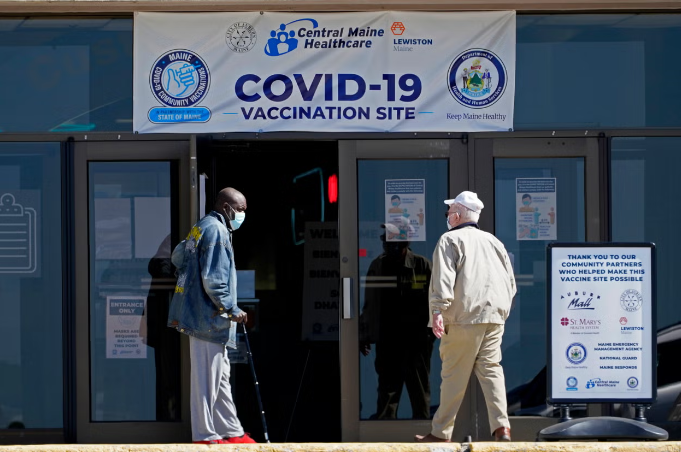Delta Variant and Vaccine Hesitancy Complicate Efforts
As COVID-19 cases decline and states begin to reopen, the final phase of the U.S. vaccination campaign is proving to be a significant challenge. With the emergence of the highly contagious delta variant and ongoing vaccine hesitancy, public health officials are grappling with how to effectively motivate more Americans to get vaccinated. Dr. Nirav Shah, director of the Maine Center for Disease Control and Prevention, noted, “The last half, the last mile, the last quarter-mile always requires more effort.”
This week, while California and New York celebrated their reopenings with festivities and multimillion-dollar lotteries aimed at incentivizing vaccinations, other states, particularly Missouri and Texas, are witnessing alarming surges in COVID-19 hospitalizations and cases. The delta variant, which originated in India, has raised concerns as it accounted for an increase from 2.7% of cases in May to 9.7% this month, according to Dr. Rochelle Walensky, director of the U.S. Centers for Disease Control and Prevention.
To address vaccine reluctance, states are convening focus groups to identify why certain individuals remain unvaccinated and how to encourage them to get the shot. Dr. Lee Norman, Kansas Health Secretary, emphasized the urgency: “It’s a race between the vaccines going into people and the current or future variants.”
While the average daily cases and deaths across the U.S. have decreased by over 90% since winter, the situation is not uniform. Texas, for example, has seen a rise in its average of newly confirmed infections, climbing from about 1,000 per day at the end of May to nearly 2,000 this week. In Missouri, the surge is attributed to both the rapid spread of the delta variant and local vaccine hesitancy, with more than 200 people currently hospitalized in the southwestern region, nearly double the number at the start of May.
Despite these challenges, the U.S. is projected to fall short of President Joe Biden’s goal of administering at least one vaccine dose to 70% of American adults by July 4, with current rates around 65%. States such as Kansas and Idaho are particularly lagging, with some counties in Idaho reporting adult vaccination rates below 30%.
To enhance vaccination efforts, several states are distributing smaller shipments of vaccines to local doctors’ offices, recognizing that primary care physicians can play a crucial role in addressing individuals’ concerns. “People want to hear it from their doctor, their medical providers, people that they know and trust,” said Dr. Norman.

